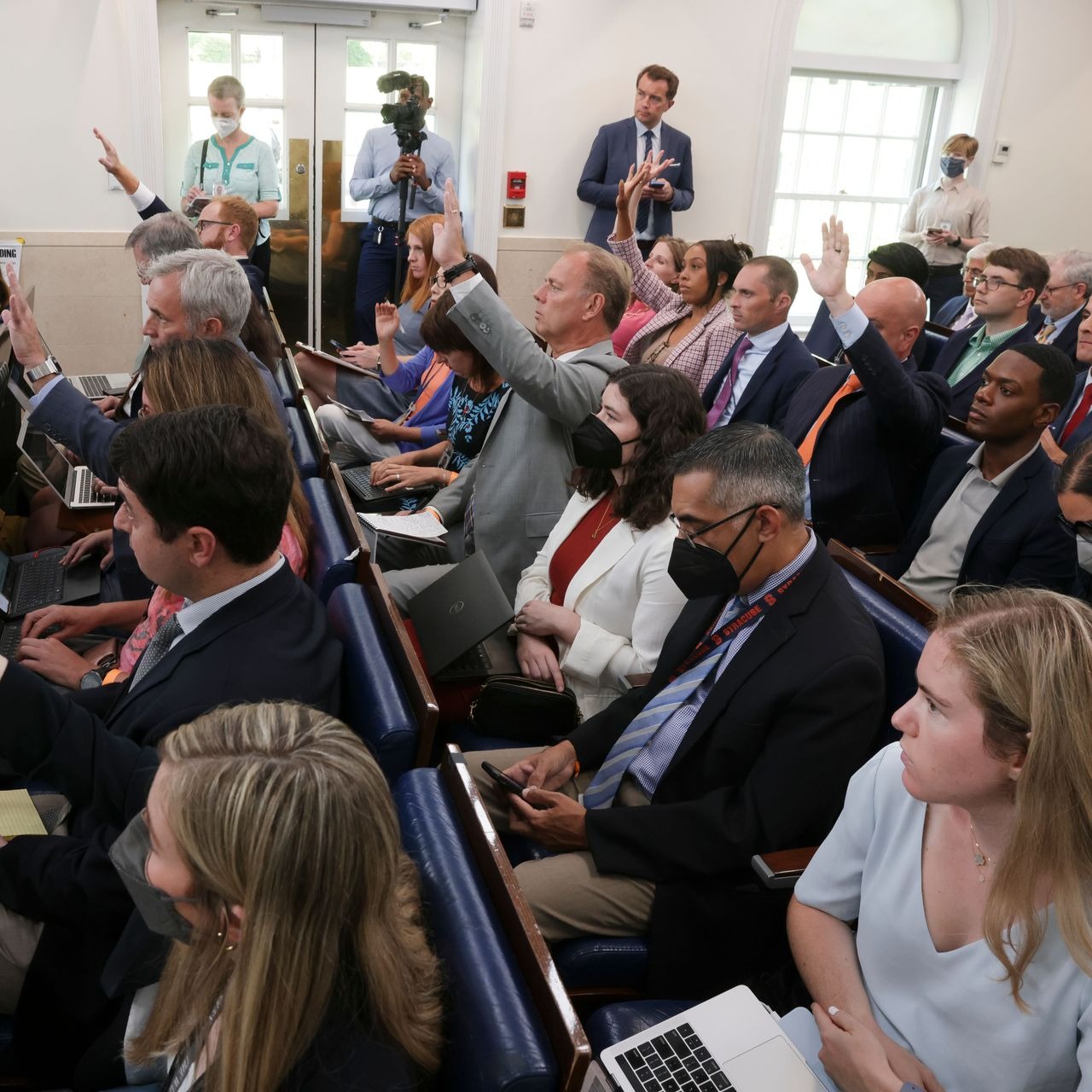The Justice Department has issued new guidance aimed at ensuring federal investigators adhere to department rules when seeking access to journalists’ records.
The guidelines come in response to concerns raised during the Trump administration, which had seized records from reporters at various news organizations.
The new rules, codified by Attorney General Merrick Garland, emphasize that prosecutors are only permitted to subpoena journalists’ records in specific circumstances, such as preventing a serious crime or when the journalist is the target of an investigation.
The guidance aims to help DOJ personnel understand the conditions under which they can seek journalists’ records and how to comply with the rules when subpoenaing such records.

Justice Department (Credits: The New Yorker)
It emphasizes that the policy is not intended to offer special protections to journalists who are subjects or targets of investigations for conduct outside the scope of newsgathering.
The guidance instructs prosecutors to evaluate whether an individual qualifies as a journalist based on factors like the frequency of reporting, newsgathering activities, independent sources, press credentials, employment by a news organization, and widespread identification as a journalist.
Bruce Brown, executive director of the Reporters Committee for Freedom of the Press, praised the new guidance for protecting the watchdog role of the press.























